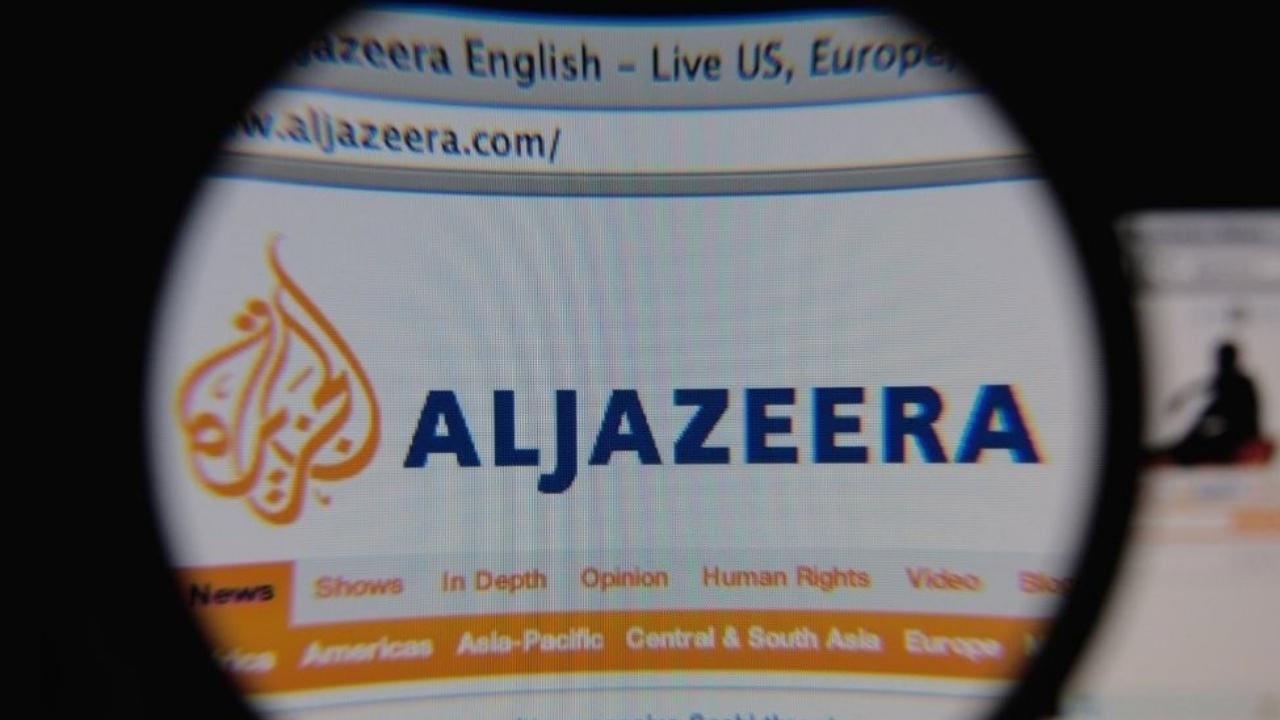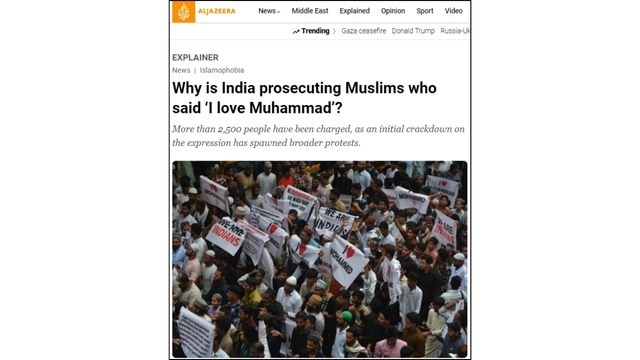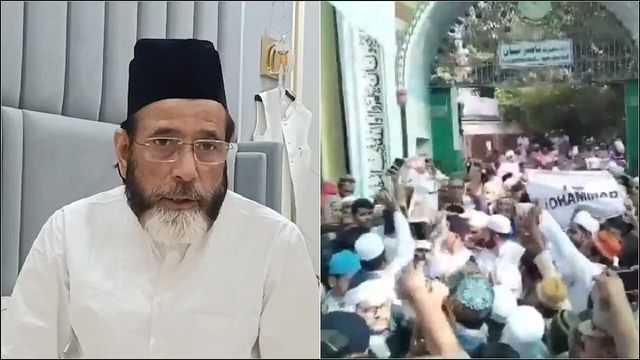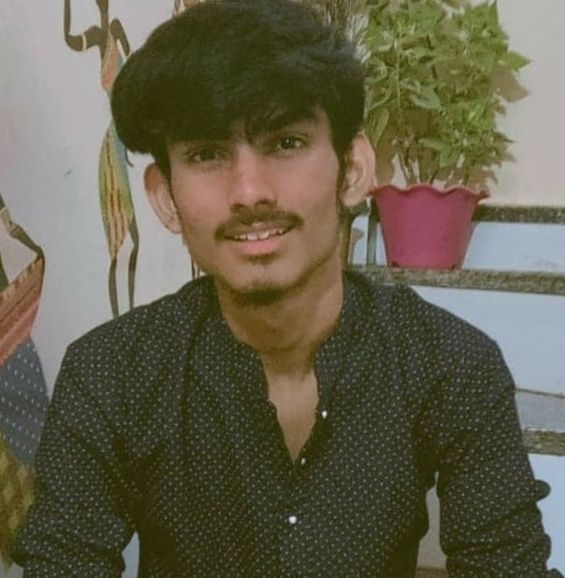Journalism Jihad: Al Jazeera Hides Islamic Violence, Pushes Anti-Bharat Narrative under ‘I Love Muhammad’ Protests
How does the Qatar funded media house twist facts and selectively report on communal incidents to malign Bharat"s international image?
Total Views |

Al Jazeera is a propagandist international media house funded and fuelled by Qatar’s Islamist regime. For years, it has served as a mouthpiece for radical Islamic narratives, selectively twisting facts to demonise Bharat, whitewash Islamist extremism, and glorify separatist and anti-Bharat voices. Once again, not leaving the chance to testify to its anti-Bharat biases, the media outlet has published an extensive report opining on the “I Love Muhammad” protests. In that mere report, Al Jazeera has vindictively examined the facts and tried to malign Bharat’s image and justify the violence of radical Islamists.
The Anti-Bharat Slant
The anti-Bharat slant of the article is evident right from its headline, which aggressively paints a grim image of falsehood against Bharat.
“Why is India prosecuting Muslims who said ‘I love Muhammad’?” the headline reads.

The ‘I love Muhammad’ protest was a local incident which began as a minor incident in Kanpur and soon escalated into a nationwide law and order challenge, exposing the deep rooted dangers of radical mobilisation of Islam. The “I Love Muhammad” protests were far from spontaneous; they reflected a coordinated effort all inclined towards exploiting religious sentiments for political and ideological purposes. Intelligence sources and law enforcement agencies indicated that organised networks had driven their unrest, which turned isolated provocations into a broader campaign that threatened communal harmony and state authority.
Al Jazeera Distorting Facts over the Outset of Protests
Al Jazeera concealed the truth about the origin of the ‘I Love Muhammad’ protests. Al Jazeera reported that on 4 September, a dispute arose in Kanpur over Muslims displaying a sign that read “I Love Muhammad”, and that an FIR was filed based on a complaint. The information provided in Al Jazeera’s report is incomplete.
In reality, on 5 September, a Barawafaat procession in Rawatpur village saw some participants deliberately tearing down religious posters belonging to the Hindu community. According to the FIR, “When the procession passed through a Hindu locality, some unidentified Muslim men on vehicles participating in the procession deliberately tore down religious posters using sticks…”
A closer look at these details shows that the issue extends far beyond the “I Love Muhammad” banner. Al Jazeera’s narrative presents a selective, half baked version of events, misrepresenting facts in a way that can be more dangerous than outright falsehoods. Through this, their propaganda continues to distort the broader context.
False narratives regarding incidents in Bareilly and Gujarat
While unrest was reported in multiple states, the most intense incidents occurred in Bareilly and Gujarat, both of which were highlighted in Al Jazeera’s coverage, in Al Jazeera’s language.
Al Jazeera stated that in Bareilly, protesters clashed violently with police.
The media outlet failed to report that the protesters in Bareilly did not just have violent clashes with the police, but that the so-called protesters had arrived there with plans to attack the police. The investigation revealed that Maulana Tauqeer Raza, founder of the Ittehad-e-Millat Council, had plotted to kill policemen.

The so-called protesters in Bareilly orchestrated a planned attempt to incite a riot, with hundreds of individuals brought in from outside and sheltered in various mosques. On the day of the alleged protest, the rioters attacked the police with petrol bombs, opened fire, and pelted stones. Al Jazeera, however, dismissed this orchestrated conspiracy by Islamic radicals as merely a “violent clash”.
The outlet further downplayed similar events in Gujarat, failing to report the violence. It only noted that “Muslims have been arrested in several states, including Gujarat, for social media posts and videos that included slogans like ‘I Love Muhammad.’””
In Godhra, Gujarat, Islamic fundamentalists pelted stones at police. A post that read “I Love Mahadev” caused widespread uproar in Gandhinagar, Gujarat. Extremists selectively targeted Hindu homes and shops. Stones were even pelted at the Garba pandals and surrounding areas, yet Al Jazeera attempted to whitewash this too.
The Narrative Warfare
The international media outlets, specifically Al Jazeera, BBC, Washington Post, and New York Times, routinely indulge in Anti-Bharat propaganda, which selectively highlights incidents to portray India in a negative light, often twisting facts to suit an Islamist or Communist narrative.
Rather than reporting straightforward news, they attempt to construct narratives that portray India as a Hindu-majority, anti-Muslim nation, with the clear aim of tarnishing its reputation internationally and giving birth to an anti-Bharat narrative to disrupt the harmony of Bharat.
And this brings narrative manipulation, where the media selectively highlights certain facts, omits context, or frames events to fit a predetermined story and then sells its version to satisfy the hunger of its consumer.
Article by

Kewali Kabir Jain
Journalism Student, Makhanlal Chaturvedi National University of Journalism and Communication

